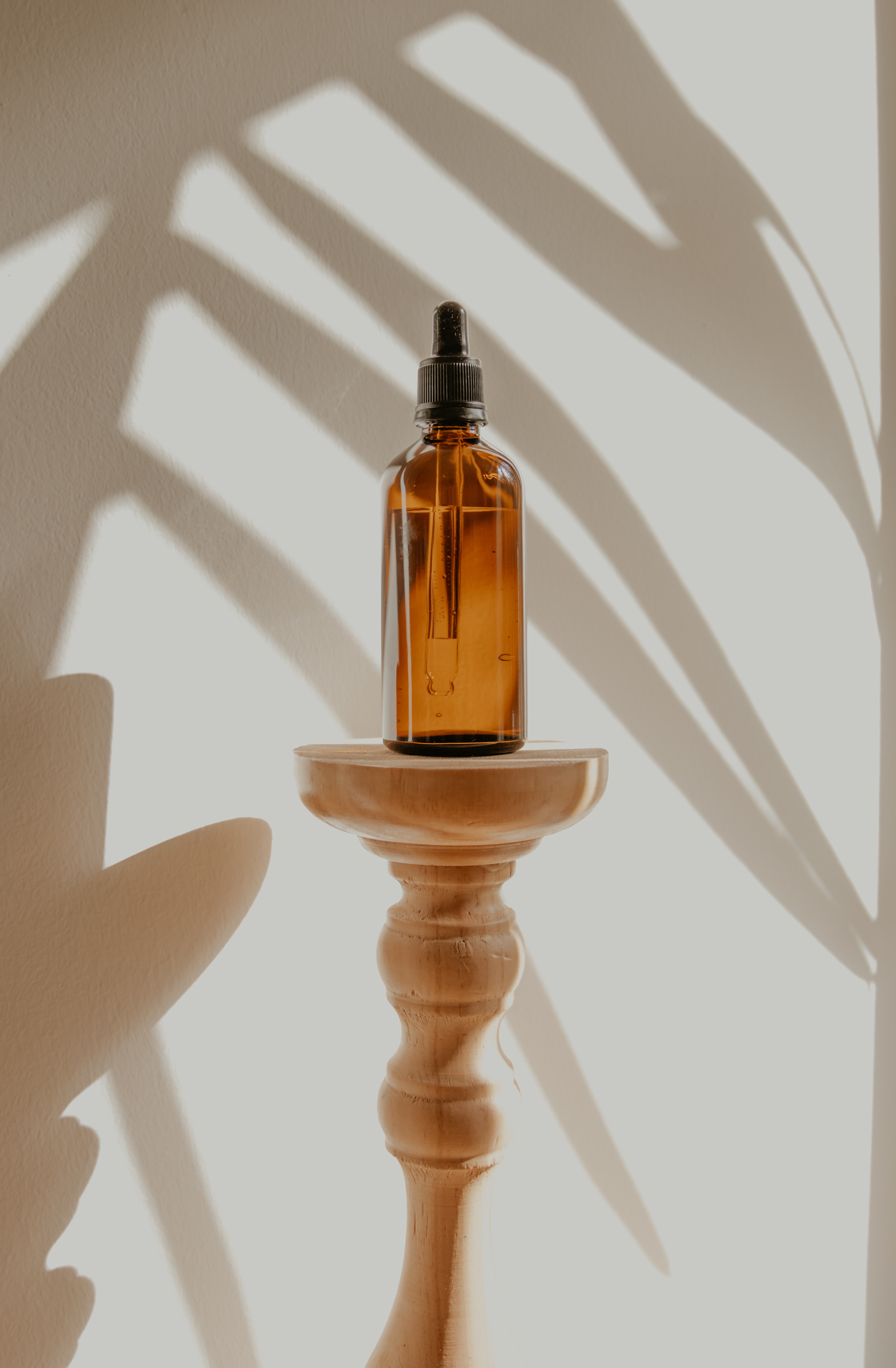Full Spectrum CBD Oil In The UK – A Complete Explanation

A full-spectrum CBD product contains all of the extracts naturally found in the cannabis plant, including very small amounts of THC, the psychoactive ingredient in marijuana.
More research is needed to fully support all of the claims about its benefits, but it has recently become popular for its ability to alleviate a variety of health conditions, including pain, anxiety, inflammation, and epilepsy.
What It Is
It’s helpful to understand what CBD is before exploring full-spectrum CBD. Cannabis sativa contains more than 100 chemical compounds, including CBD, which is known as a cannabinoid. The hemp plant is the source of most CBD products. You might come up with a question in mind. Whether “does full-spectrum hemp oil have CBD”? Let us see this in detail.
Among the main cannabinoids in cannabis, THC and CBD are the following:
CBD (cannabidiol) is derived from hemp and does not cause a high by itself.
It is the psychoactive compound tetrahydrocannabinol (THC) that gives marijuana its euphoric “high”.
The Cannabis Plant
The hemp plant and the marijuana plant are both species of the cannabis plant, and both contain CBD. However, hemp plants contain 0.3% THC or less, while marijuana plants contain more.
Types
CBD full-spectrum is one of three main types of CBD. Since the ingredients do differ between the most common types, it’s important to understand the differences between them.
The full-spectrum CBD contains CBD as well as all other cannabinoids, including trace amounts of THC (0.3% or less).
CBD isolates contain only CBD.
Broad-spectrum CBD does not contain THC, but it contains CBD and multiple other cannabinoids.
Connoisseurs of CBD consider full-spectrum CBD products more effective because they include all of the cannabis plant’s compounds plus up to 0.3% THC. Researchers have coined the phrase “entourage effect” to describe how full-spectrum CBD may work better together than a single cannabinoid on its own.
What Is Full Spectrum CBD And How It Works
Full-spectrum CBD contains both CBD and THC, which work on different brain areas. In general, researchers have found that cannabinoids help regulate the body’s endocannabinoid system, although their full effects are still being studied.
As well as regulating mood, sleep cycle, inflammation response, and more, that system regulates nervous and immune system function. Through activated receptors located throughout the central and peripheral nervous systems, the endocannabinoid system helps correct many different imbalances within the body.
Moreover, researchers believe that CBD may contribute to a better balance between the body’s systems because of its connection to how we experience pain.
Benefits
Currently, the FDA has approved one cannabis-derived medication to treat certain severe forms of epilepsy, a seizure-causing condition.
Research suggests that in addition to acting as an anti-inflammatory, full-spectrum CBD may also help treat anxiety, panic, obsessive-compulsive disorder, and post-traumatic stress disorders. However, there has been no solid scientific evidence to suggest that full-spectrum CBD may help treat other specific health conditions.
Risks
Do full-spectrum CBD products get you “high,” since they contain trace amounts of THC? Experts generally agree that it shouldn’t produce a “high” but the answer isn’t crystal clear, and it can vary from person to person.
There is less than 0.3% THC in full-spectrum CBD, which is considered to be pretty insignificant. Experts say that such a small amount is unlikely to have significant psychoactive effects, and it would probably not register on a drug test, but you shouldn’t rule it out.
There is a chance that THC could show up on a drug test in some people who experience mild psychoactive effects or sedative effects.
Side Effects
Since research on full-spectrum CBD is still fairly preliminary, experts don’t have all the answers to many consumer questions about its pros and cons. While CBD is generally well-tolerated, a 2018 WHO report indicates that reports of adverse effects usually result from medication interactions.
The following side effects are still possible.
Mood changes
Appetite changes
Diarrhoea
Dizziness
Drowsiness
Dry mouth
Nausea
Vomiting
Although the FDA is working on how to regulate the CBD industry in the future, full-spectrum CBD is not regulated by the agency. There is no guarantee that a full-spectrum CBD product is safe, or that it will be effective.
Ingredients and dosages can vary widely, and there are no standard guidelines for daily use. Additionally, mislabeling appears to be a fairly common problem with CBD products, according to some studies.
It’s a good idea to read the label and ingredients carefully. Check for added preservatives, flavourings, or other ingredients you don’t recognise, and confirm them online or with a trusted medical source.
Although full-spectrum CBD doesn’t require a prescription, you should talk to your doctor or healthcare professional to make sure it won’t interact with anything else you’re taking, and make sure the condition you’re treating makes sense based on what we know about it.
Legality
CBD full-spectrum may be confusing to you. The federal government recognises hemp-derived CBD products containing less than 0.3% THC as legal, but some states may not. Check local laws before purchasing CBD products (full-spectrum or not) and before travelling with CBD products.
If CBD or marijuana are not legal in your state, or if you anticipate being drug tested, you may want to consider full-spectrum CBD if you are okay with consuming THC in any amount.